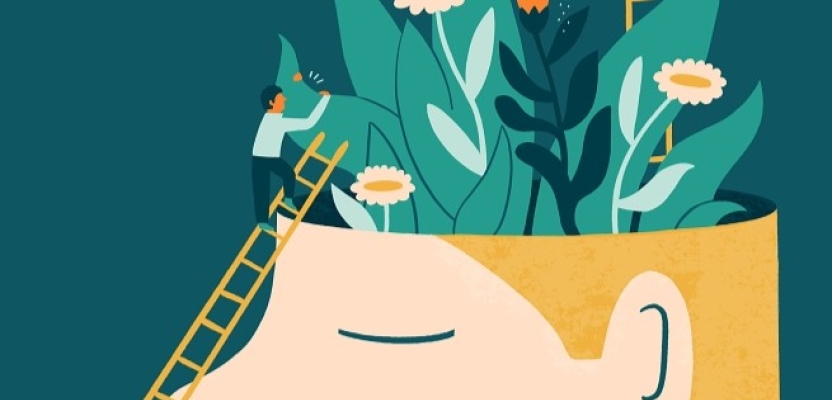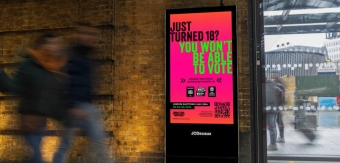It’s ok to not be ok. This is an adage that has become something of a silent anthem in recent years, as more of us start to realise we’re “not the only ones struggling.” In the creative industries particularly, which tends to attract the disenfranchised like moths to a flame, so many of us have spent most of our professional lives oscillating between functional, semi-functional and horizontal. It is, after all, a world ridden with tight deadlines, high expectations, and the relentless pursuit of originality.
While the rewards of a creative career can be significant, the pressures associated it can take a toll. But is that toll part of the process? Is the suffering the point? Would we be able to create if we were “normal”? These are all valid questions I’ve asked myself countless times and there’s no easy answers here. What I will be spending some time unravelling today, however, is the notion that, as creatives, we can’t be happy and successful. Frankly, I call bullshit on that and here’s why…
Unique Stressors
Creatives are often driven by an intense passion for their work, which can often blur the increasingly tender boundaries between personal and professional life. This passion, while a powerful motivator, can also lead to overcommitment and periods of “burnout”, where we take to our beds and wallow in the gravity of it all. The pressure to continually produce innovative work, meet client expectations, and stay ahead of trends all adds up. The subjective nature of creative work also means that rejection and criticism, even when constructive, can feel deeply personal, particularly for the naturally introverted.
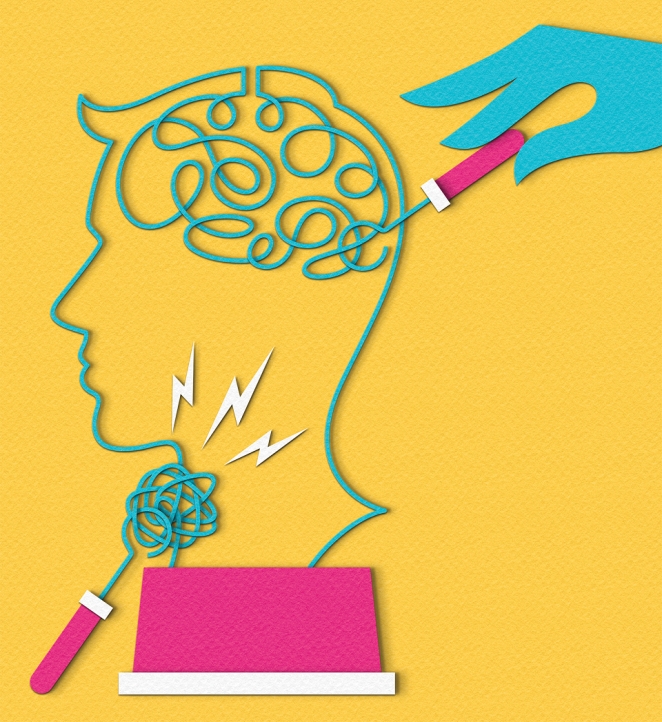
Zara Picken
Financial instability is another significant stressor to content wit. Many creatives (myself included) work freelance or on a project basis, leading to unpredictable income and job security. This instability can exacerbate anxiety and stress, making it difficult to focus on the creative process. The gig economy also often lacks the support systems found in traditional employment, such as health benefits and paid leave, further compounding these challenges. As a freelancer, for example, I honestly can’t remember the last time I took a holiday where I wasn’t also working.
The Impact of Stress on Creativity
Chronic stress can have a profound impact on creativity. High levels of stress can impair cognitive function, reducing the ability to think creatively and solve problems. It can also lead to physical health issues, such as insomnia, headaches, and fatigue, which further hinder creative productivity. In the long term, unchecked stress can contribute to serious mental health conditions, including anxiety disorders and depression.
The dichotomy of the creative industry is that, while it’s a role that often demands 70/80 hour work weeks, creativity thrives in a relaxed, open state of mind. Stress, however, narrows focus and limits cognitive flexibility, making it difficult to generate new ideas and perspectives. The pressure to produce under stressful conditions can lead to creative blocks, where the flow of ideas slows to a trickle. This can create a vicious cycle where the stress of being unable to produce creative work leads to even greater stress and frustration.
Mental Health Strategies for Creatives
Establish Boundaries
One of the most effective ways to manage stress is to set clear boundaries between work and personal life. This can be challenging in creative fields where inspiration can strike at any time, but establishing a routine can help create a sense of balance. Designate specific times for work and rest, and try to stick to them as closely as possible.
Practice Self-Care
Prioritizing self-care is essential for maintaining mental health. This includes getting regular exercise, eating a balanced diet, and ensuring adequate sleep. Mindfulness practices, such as meditation and yoga, can also help manage stress and improve overall well-being. Taking time for hobbies and activities that bring joy and relaxation can replenish creative energy.
Seek Support
Connecting with others who understand the unique challenges of creative work can provide valuable support. This can include joining professional networks, participating in peer support groups, or seeking mentorship from more experienced creatives. Don't hesitate to seek professional help if needed; therapy and counseling can provide effective strategies for managing stress and improving mental health.
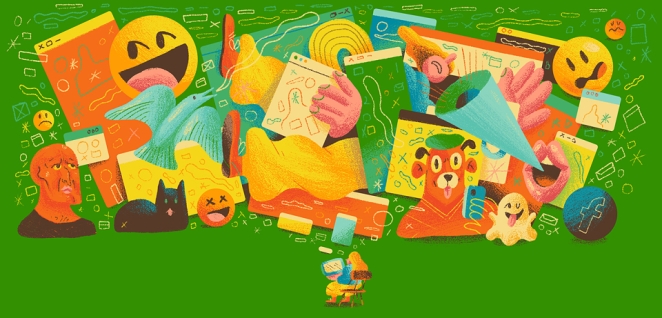
Kimberly Carpenter
Embrace Imperfection
Perfectionism is a common trait among creatives, but it can also be a significant source of stress. Learning to embrace imperfection and view mistakes as opportunities for growth can reduce the pressure to always produce flawless work. Remember that creativity is a process, and not every project will be a masterpiece.
Manage Workload
Being realistic about what can be achieved within a given timeframe is crucial. Overcommitting can lead to burnout and decreased quality of work. Learning to say no to projects that are not aligned with personal goals or values can help maintain a manageable workload. Prioritizing tasks and breaking projects into smaller, manageable steps can also reduce feelings of overwhelm.
Create a Positive Work Environment
The physical and emotional environment in which creative work is done can significantly impact mental health. Creating a workspace that is comfortable and inspiring can enhance productivity and well-being. Surrounding oneself with supportive and positive people can also create a more nurturing environment.
The Role of Organizations
Organizations within the creative industries have a responsibility to support the mental health of their employees and freelancers. This includes fostering a culture that prioritizes well-being and recognizes the importance of mental health. Providing access to mental health resources, such as counselling services and wellness programs, can make a significant difference.
Organizations can also promote work-life balance by encouraging reasonable work hours and offering flexible working arrangements. Recognizing and rewarding effort and creativity, rather than just output, can help reduce the pressure to constantly produce. Creating an environment where open communication about mental health is encouraged can help destigmatize these issues and provide much-needed support.
The Path Forward
Mental health is not a luxury; it is a necessity for maintaining the creative spark that drives innovation and progress and for just being a functional human being. By prioritizing wellbeing, creatives can continue to produce meaningful, impactful work without sacrificing their mental health. And that does NOT mean they’re sacrificing their muse!
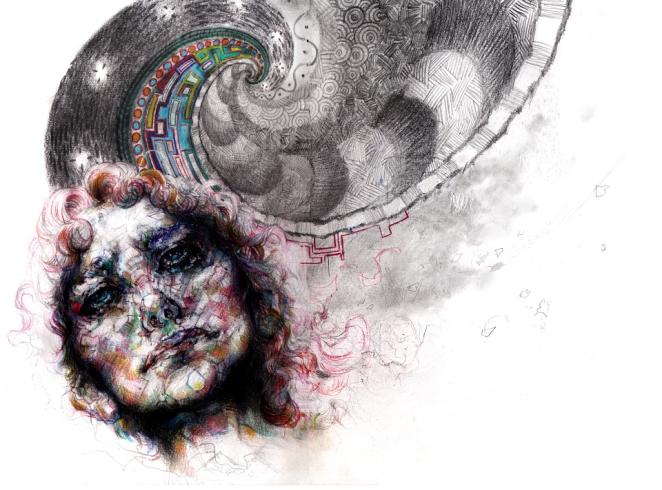
Thomas Hammerton
As someone who has done some of his best work while perfectly happy and his worst work while in the throes of existential misery, I can attest that misery does not necessarily cultivate genius! We are people first and creatives second.
